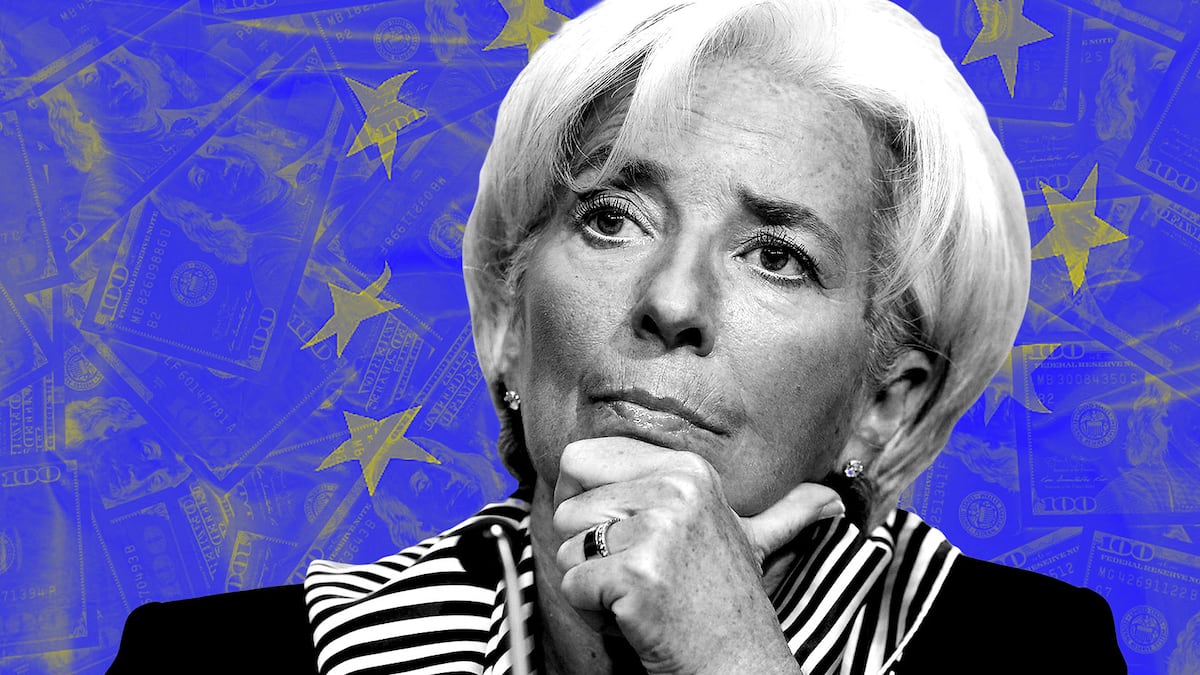- The ECB said Bitcoin failed to deliver on a number of points.
- Pantera countered in a point-by-point rebuttal.
- Bitcoin layer protocols could enable digital payments, Pantera says.
Pantera Capital is taking a swing against the European Central Bank’s claims that Bitcoin “has failed to be a global decentralised digital currency.”
The $5.2 billion venture capital firm and crypto investing pioneer disagrees with this verdict.
“People can store their wealth in it with the expectation that it will be worth at least as much if not much more in the future,” Pantera Capital wrote in an article published this week.
Pantera Capital was rebutting an ECB blog post from February in which the eurozone’s central bankers said the advent of Bitcoin ETFs didn’t change their take on the cryprocurrency’s failure to fulfil its mission.
Bitcoin, they said, was “the naked emperor’s new clothes.”
Outdated judgement
“Outside the darknet, the hidden part of the internet used for criminal activities, it is hardly used for payments at all,” the ECB said.
Pantera, which is led by Dan Morehead, the former head of macro trading at legendary hedge fund manager Julian Robertson’s Tiger Management, wasn’t having it.
Erik Lowe, Pantera’s head of content, said the ECB’s take repeated a “misconception” that Bitcoin is, above all else, a good tool for money laundering.
Once Bitcoin gained broader adoption, criminals realised that “an open public ledger is not the best method to move money around discreetly,” he wrote.
Blockchain analytics tools allow government agencies to identify bad actors, monitor their movement on public blockchains and take legal action. That’s because in most cases, such ledgers show transparent and immutable transaction histories.
‘We haven’t seen any evidence that there is more manipulation in the bitcoin market than any other of its size.’
— Erik Lowe, Pantera
“The history of Bitcoin has been characterised by price manipulation and other types of fraud,” according to the ECB, referring to crypto operators shut down for scams and fraudulent behaviour.
But that notion is also outdated, according to Panteral Capital.
“We haven’t seen any evidence that there is more manipulation in the Bitcoin market than any other of its size,” Lowe wrote.
Means of payment
Still, smaller exchanges “inflate their volumes to push themselves up the league tables to try to attack new customers,” he added. But this is not relevant to the activity of established crypto.
The ECB further argued that Bitcoin is a failed means of payment.
Pantera agreed, although adding that layer 2 protocols, like the Lightning Network, could still enable payment solutions for Bitcoin in the future.
Still, the bank is missing the bigger point, the venture capital firm said.
Lowe contended that Bitcoin’s design “was supposed to be” a hedge against inflation and the devaluation of fiat currencies.
It’s true that households and businesses in nations with stressed fiat currencies have increasingly sought to protect their wealth by converting their money into Bitcoin and stablecoins such as Tether’s USDT.
But Bitcoin proved to be no haven from inflation in 2022. Even though consumer prices in the US soared to 40-year-highs, investors dumped Bitcoin, along with stocks, triggering the worst bear market in the cryptocurrency’s history.
Yet Bitcoin’s built in scarcity has helped bolster its credibility in the eyes of policymakers and investors.
Every four years, Bitcoin undergoes a halving, a pre-programmed event where the amount that Bitcoin miners are able to extract is cut 50%. The next event is expected sometime around April 18 to 20.
Inbar Preiss is a Brussels-based regulation correspondent. Contact her at inbar@dlnews.com.
